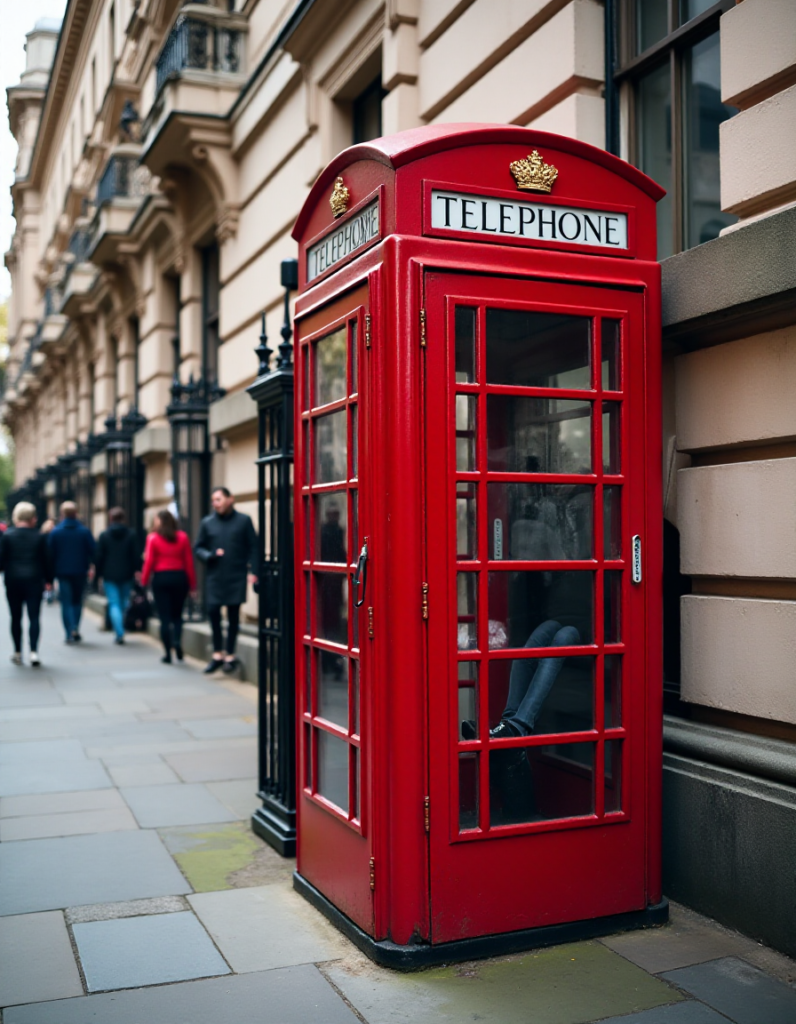Introduction
The United Kingdom is preparing for another wave of immigration law changes, with the government considering new restrictions for migrants, including a ban on using protection under the Modern Slavery Act. These measures are intended to combat illegal migration and human trafficking, but they have also raised serious human rights concerns.
Key Takeaways
- The UK government is planning to tighten immigration laws, potentially restricting protections under the Modern Slavery Act.
- The move aims to reduce illegal migration and prevent the abuse of legal loopholes, particularly by those seeking asylum.
- Stricter border controls and tougher asylum policies are expected, making legal migration pathways more challenging.
- The crackdown aligns with broader government efforts to limit immigration, reinforcing a hardline stance.
- Human rights organizations and opposition parties strongly criticize the move, warning that genuine victims of human trafficking could suffer.
What Are the Proposed Immigration Restrictions?
One of the most controversial changes under consideration is limiting migrants’ ability to seek protection under the Modern Slavery Act. This law, introduced in 2015, was designed to protect victims of human trafficking and forced labor. However, the UK government argues that some migrants misuse the law to avoid deportation.
In addition to these measures, the government is exploring stricter policies for asylum seekers, potentially making it harder for migrants to claim refugee status. These reforms could impact thousands of people seeking protection from war, persecution, and economic instability.
The Government’s Justification
The primary objective behind these changes is to reduce illegal migration and dismantle human trafficking networks. Officials argue that:
- Many migrants abuse legal protections, using them as a loophole to remain in the UK.
- Banning the use of the Modern Slavery Act for certain cases will speed up deportations.
- Tightening immigration control will reduce the strain on social services and asylum infrastructure.
The UK government also believes these reforms will help curb dangerous Channel crossings, as small boats arriving illegally remain a significant concern.
Criticism and Potential Consequences
Unsurprisingly, these proposals have sparked backlash from human rights groups and legal experts. Critics argue that restricting protections under the Modern Slavery Act could leave genuine victims of human trafficking without essential support.
Potential negative consequences include:
- Legal challenges from international human rights organizations, questioning the policy’s compliance with global standards.
- Increased risks for vulnerable migrants, who may be forced back into exploitative conditions without adequate protection.
- Damage to the UK’s international reputation, with critics labeling the policy shift as inhumane and overly restrictive.
Conclusion
The UK government’s push for stricter immigration control reflects a broader shift toward more restrictive policies, but it also raises concerns about the protection of fundamental human rights. The critical question remains: Can the UK effectively balance immigration enforcement with humanitarian obligations?
As these proposed reforms take center stage in political debUkates, the coming months will reveal whether the UK government moves forward with these controversial changes—or faces significant resistance from advocacy groups, legal experts, and the public.
#UnitedKingdom










